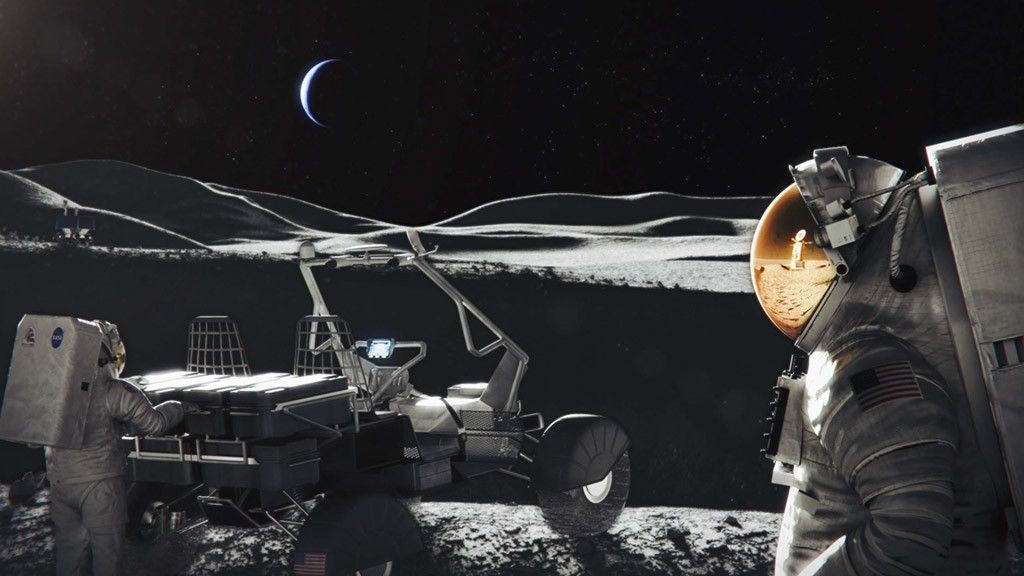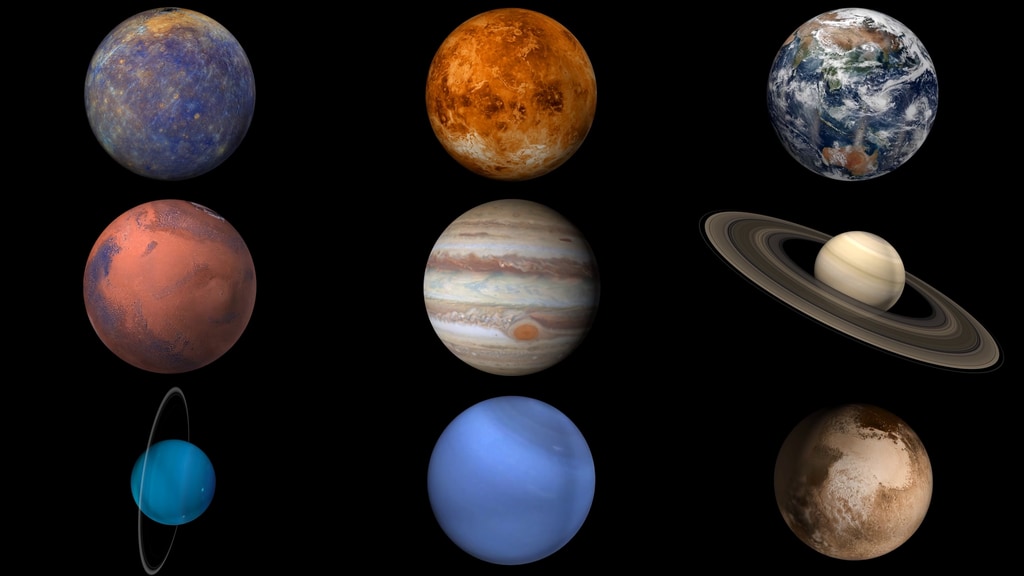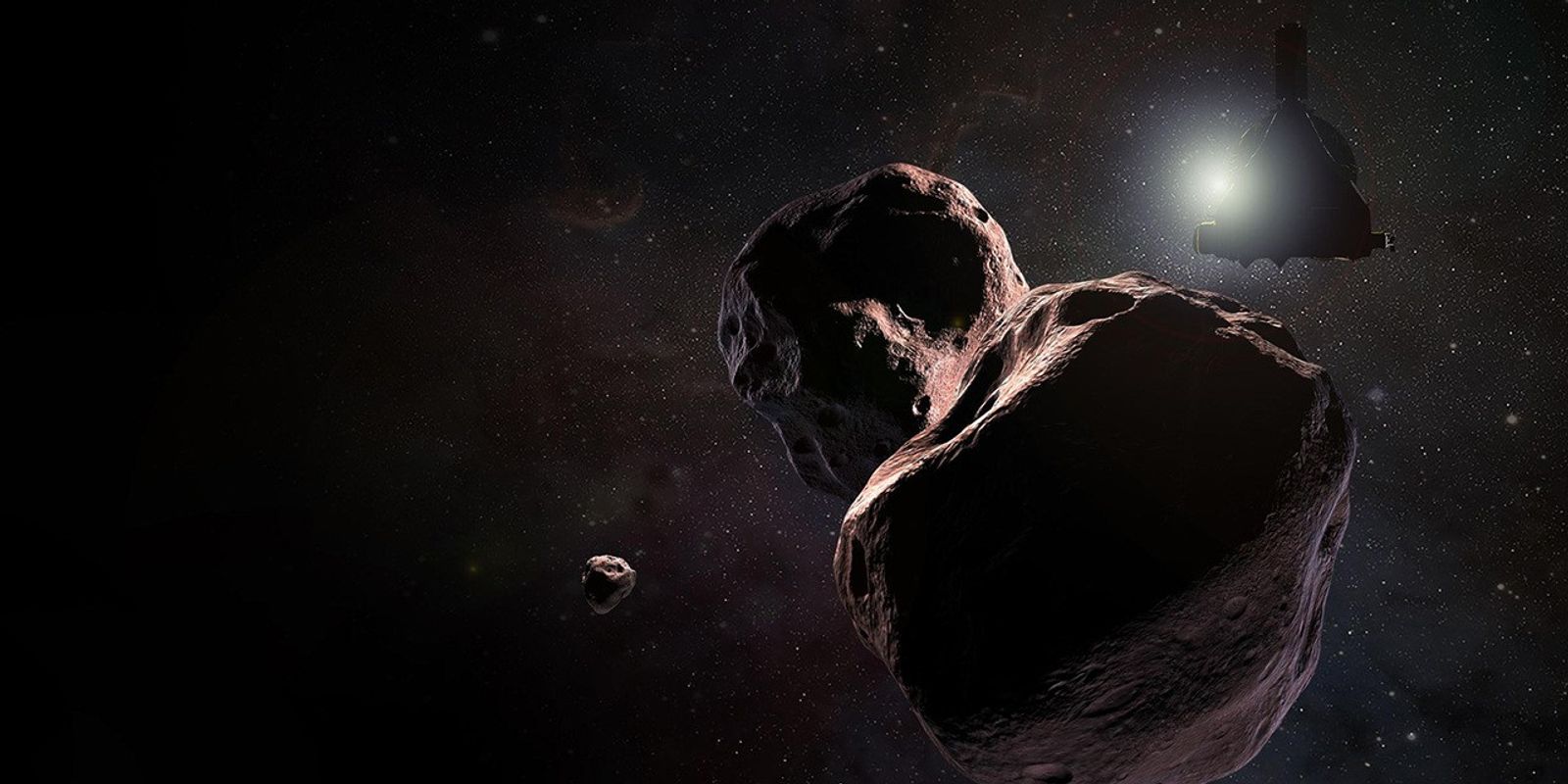Exoplanets and Solar System Exploration
Author(s):
Wesley A. Traub
Co-Author(s):
Charles Beichman, Ruslan Belikov, Geoff Bryden, Mark Clampin and William Danchi, Imke de Pater, Thomas Greene, Olivier Guyon, Sara Heap, John Johnson, Lisa Kaltenegger, Jeremy Kasdin, James Kasting, Douglas Lin, Jack Lissauer, Carey Lisse, Jonathan Lunine,Bruce Macintosh, Geoff Marcy, Mark Marley, Michael Meyer, Matt Mountain, Ben Oppenheimer, Glenn Orton, Marc Postman, Aki Roberge, Sara Seager, Eugene Serabyn and Christophe Sotin, Remi Soummer, Karl Stapelfeldt, John Trauger, Stephen Unwin, Michael Werner
Panel Selection:
Giant Planets: Jupiter, Saturn, Uranus, Neptune, and exoplanets, including rings and magnetic fields, but not their satellites.Primitive Bodies: Asteroids, comets, Phobos, Deimos, Pluto/Charon and other Kuiper belt objects, meteorites, and interplanetary dust.
Institution:
Jet Propulsion Laboratory
The purpose of this White Paper is to highlight areas of knowledge of our Solar System that will be important in interpreting future observations of exoplanets, especially giant exoplanets, and also how the diversity of exoplanets can inform our understanding of the Solar System.
Feedback
Please let us know if you find any discrepancies or inaccuracies.
































